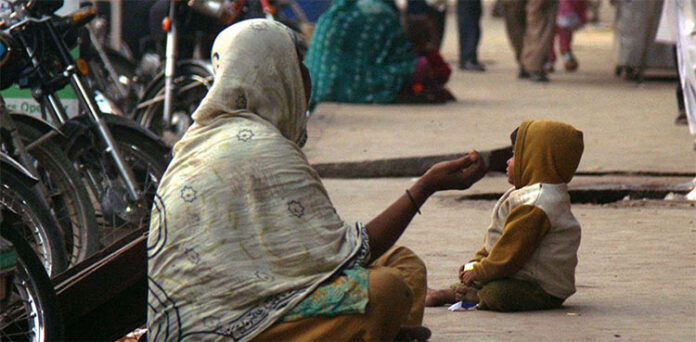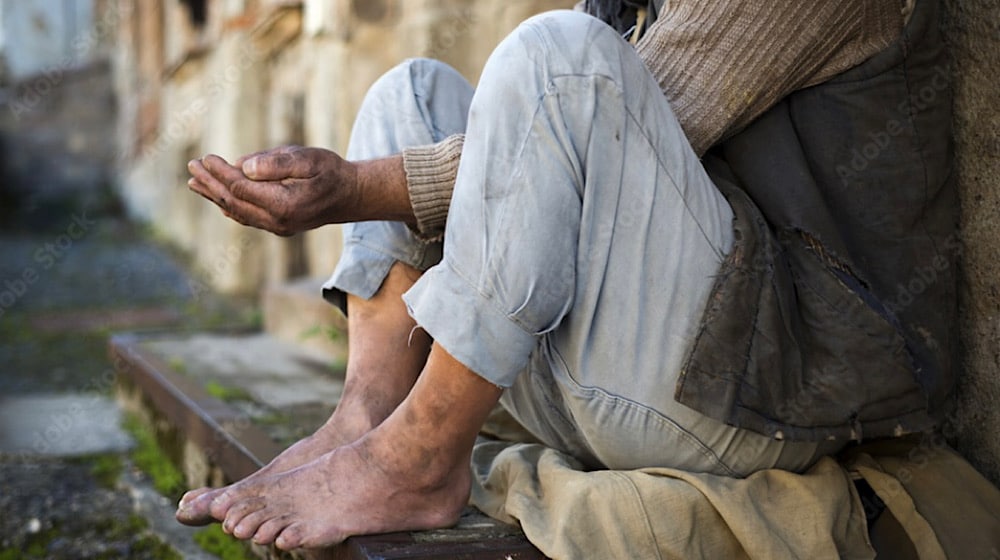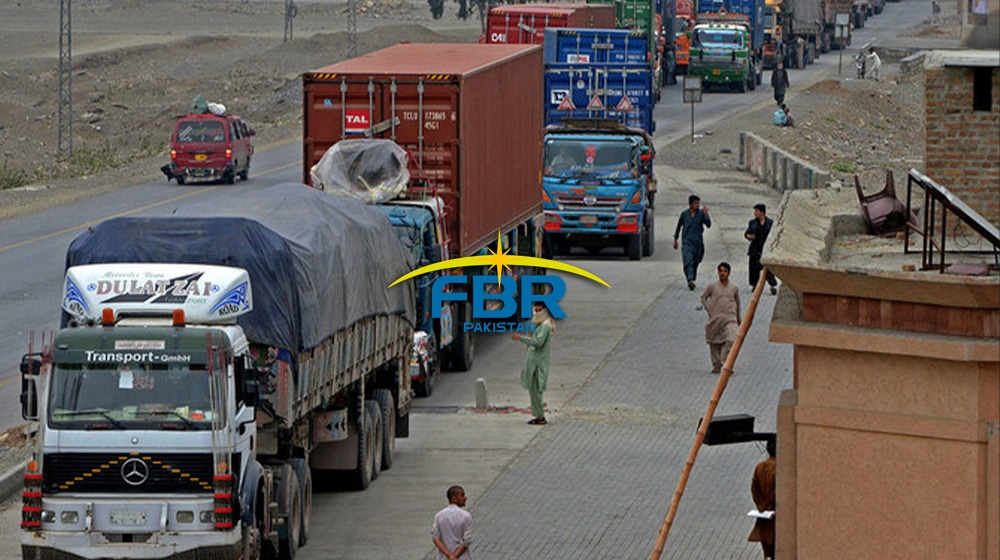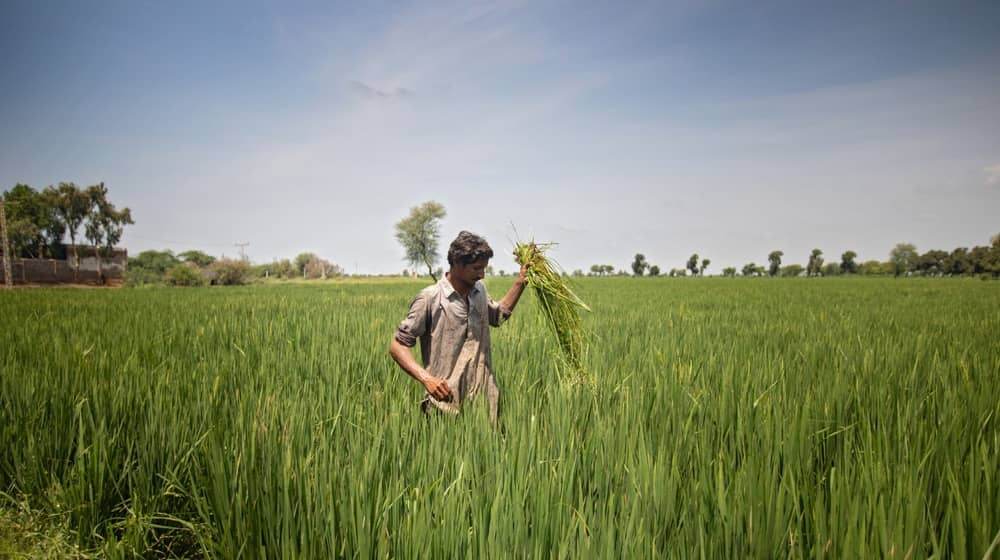Rising Concerns in Middle East Over Pakistani Beggars Prompt Stricter Immigration Measures
Growing concerns among Middle Eastern countries over the increasing number of Pakistani nationals involved in begging have led authorities to implement stricter passenger screening procedures for those traveling to these destinations. A senior official from the Federal Investigation Agency (FIA) disclosed to Dawn that immigration staff at airports have recently offloaded several passengers to curb this trend. These individuals often masquerade as tourists while their true intent is to engage in begging in countries like Saudi Arabia, the United Arab Emirates, Iraq, Iran, Oman, and Turkey.
Pakistani authorities have also expressed alarm over the rising number of Pakistani beggars abroad. A high-ranking official informed the Senate Standing Committee on Overseas Pakistanis that 90% of beggars arrested in foreign countries are of Pakistani origin. During a committee meeting earlier this year, the Interior Ministry revealed that 44,000 passengers had been offloaded in the past two and a half years due to suspicions of similar activities.
READ MORE: Arshad Nadeem’s Prize Money Exempt from FBR Taxes
Recently, Interior Minister Mohsin Naqvi has shown a strong commitment to cracking down on human traffickers and the networks facilitating begging abroad, as per official sources.
According to FIA sources, “gangs” of potential beggars primarily operate out of South Punjab districts, with many departing from Multan airport under the guise of religious pilgrims.

FIA Cracks Down on Beggars Traveling to the Middle East
Impact on Genuine Travelers
FIA Gujranwala Region Director Qadir Qamar shared with Dawn that airport staff have been offloading passengers found with fake or suspicious travel documents.
In response to the situation, UAE authorities have started denying visas to Pakistanis who lack sufficient funds to be considered genuine visitors, as reported by travel agents. This heightened scrutiny, however, has raised concerns among travelers needing to visit the UAE for visa-related matters, as many foreign embassies and their visa services for Pakistan are based there.
Stricter Visa Regulations
While Pakistani authorities are taking action, they have also urged Middle Eastern and Gulf countries to tighten their visa regulations. A senior FIA officer suggested that these countries should reexamine their visa processing systems instead of solely pressuring Pakistani authorities to prevent potential beggars, criminals, and illegal immigrants from leaving the country.
For instance, most Western countries require visa applicants to submit bank statements, property documents, and tax records to ensure that they can support themselves during their stay. Immigration staff at airports are now questioning passengers who frequently travel to and from the Middle East about their professions, businesses, and financial standing to assess their travel intentions. If suspicions arise, travelers are offloaded from flights.
Repatriation of Criminals
In addition to cracking down on begging rings, Pakistani authorities are collaborating with foreign countries, particularly Middle Eastern states, to repatriate wanted criminals. Over the past few years, Punjab police have successfully repatriated several criminals from Dubai, who were wanted for serious offenses.
Most of these criminals, originating from central Punjab districts such as Gujrat, Gujranwala, Sialkot, Mandi Bahauddin, and Hafizabad, have been brought back through Interpol and handed over to local police, according to FIA sources. The agency is also targeting human traffickers, especially in the regions of Gujranwala, Gujrat, and Azad Jammu and Kashmir. The crackdown on human traffickers intensified last year after a boat carrying hundreds of Pakistanis sank near Greece.
FIA Gujranwala Region Director Qadir Qamar stated that the agency’s anti-human trafficking cell has arrested approximately 200 alleged traffickers in the past two months, including those involved in the Greek boat tragedy.
To effectively combat human trafficking and other criminal activities, the Interior Ministry has upgraded the FIA office in Gujranwala to a regional directorate.




